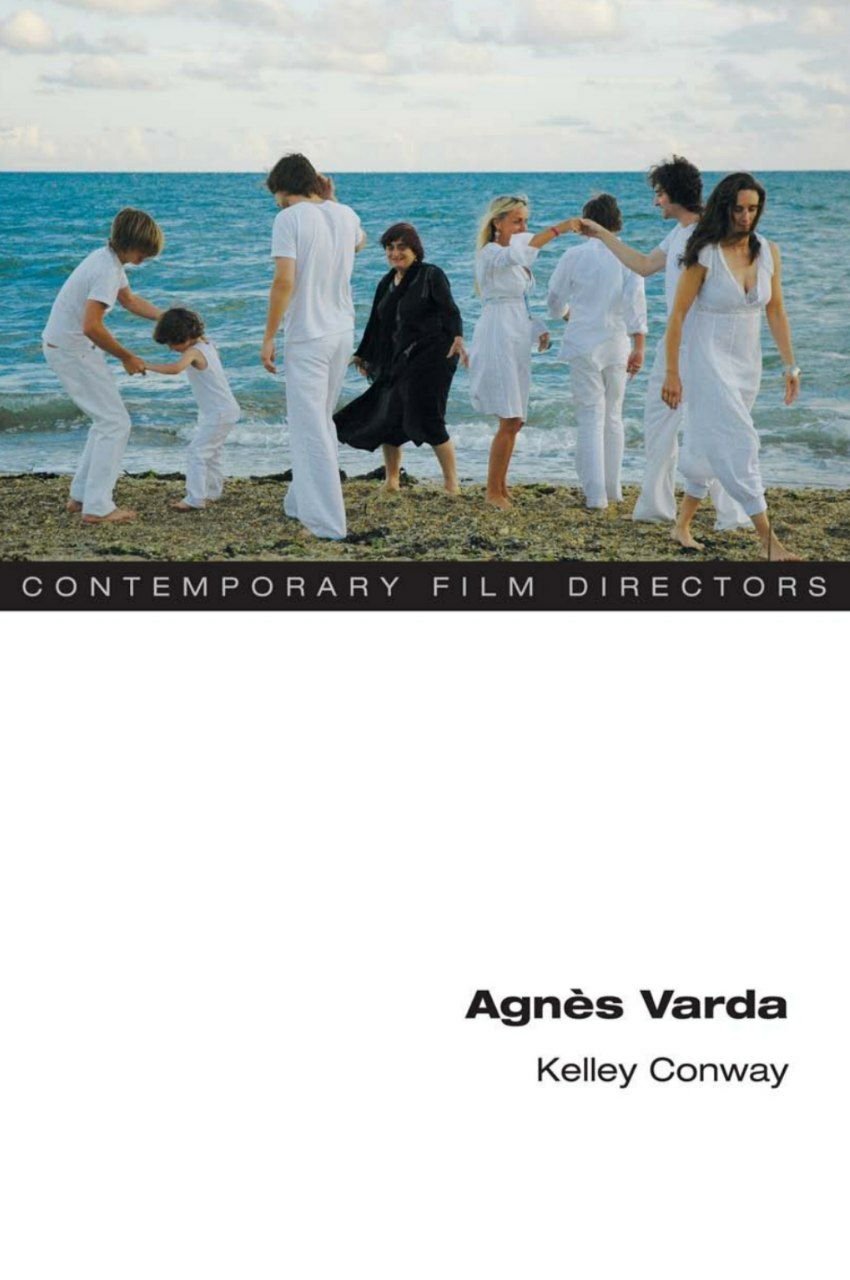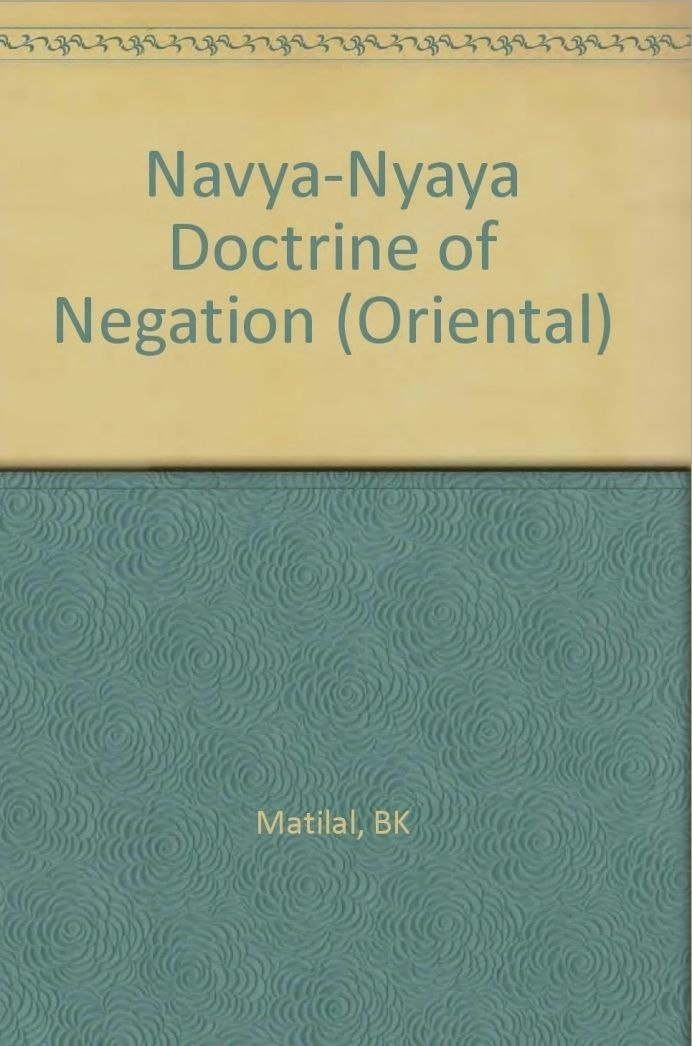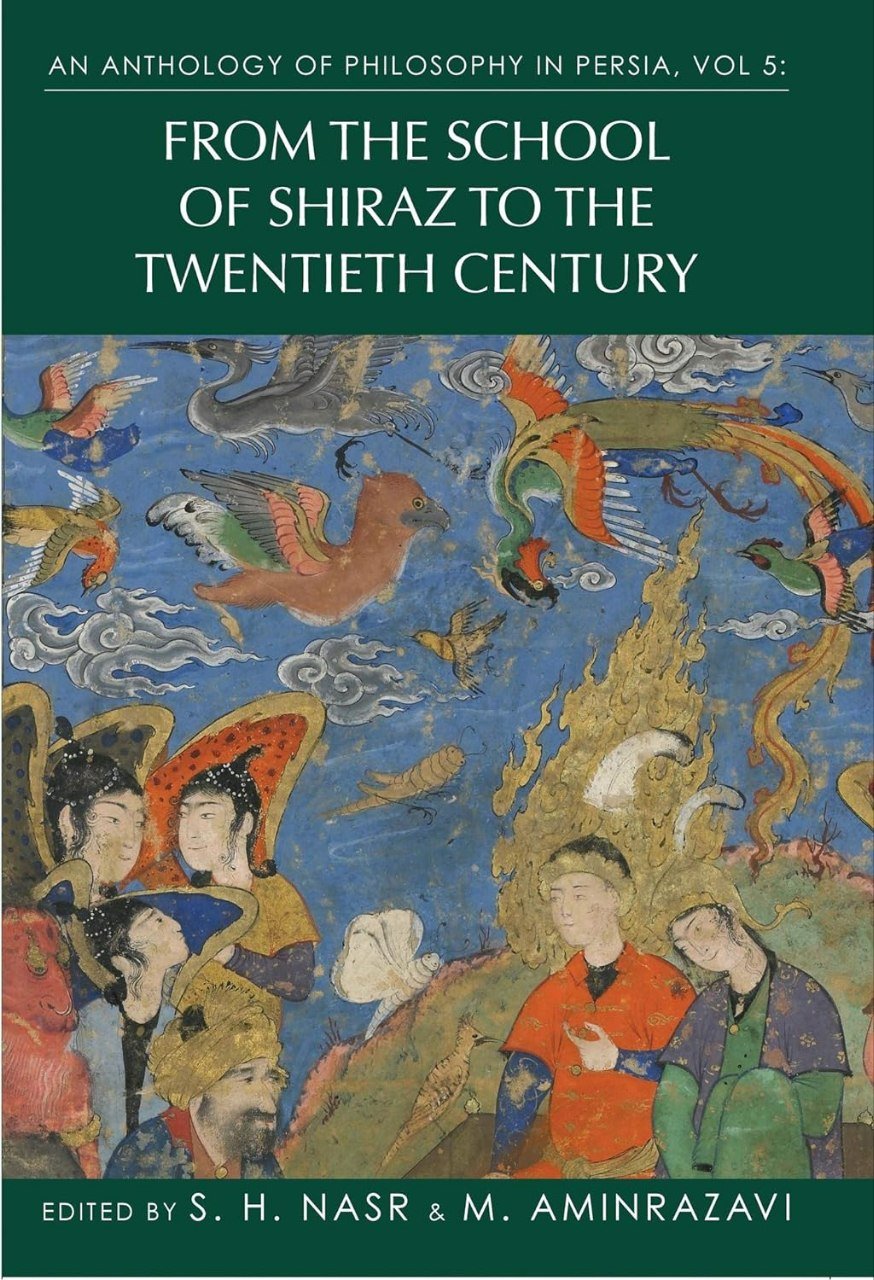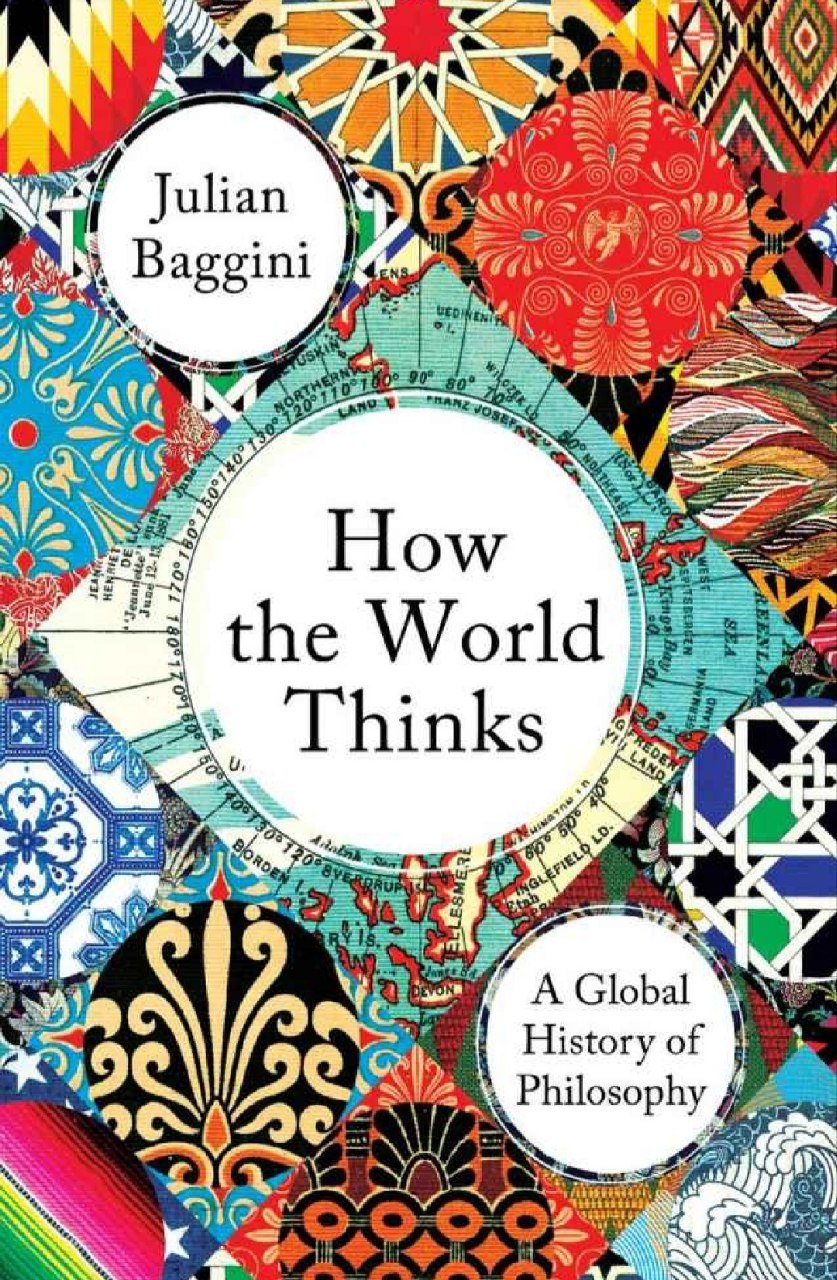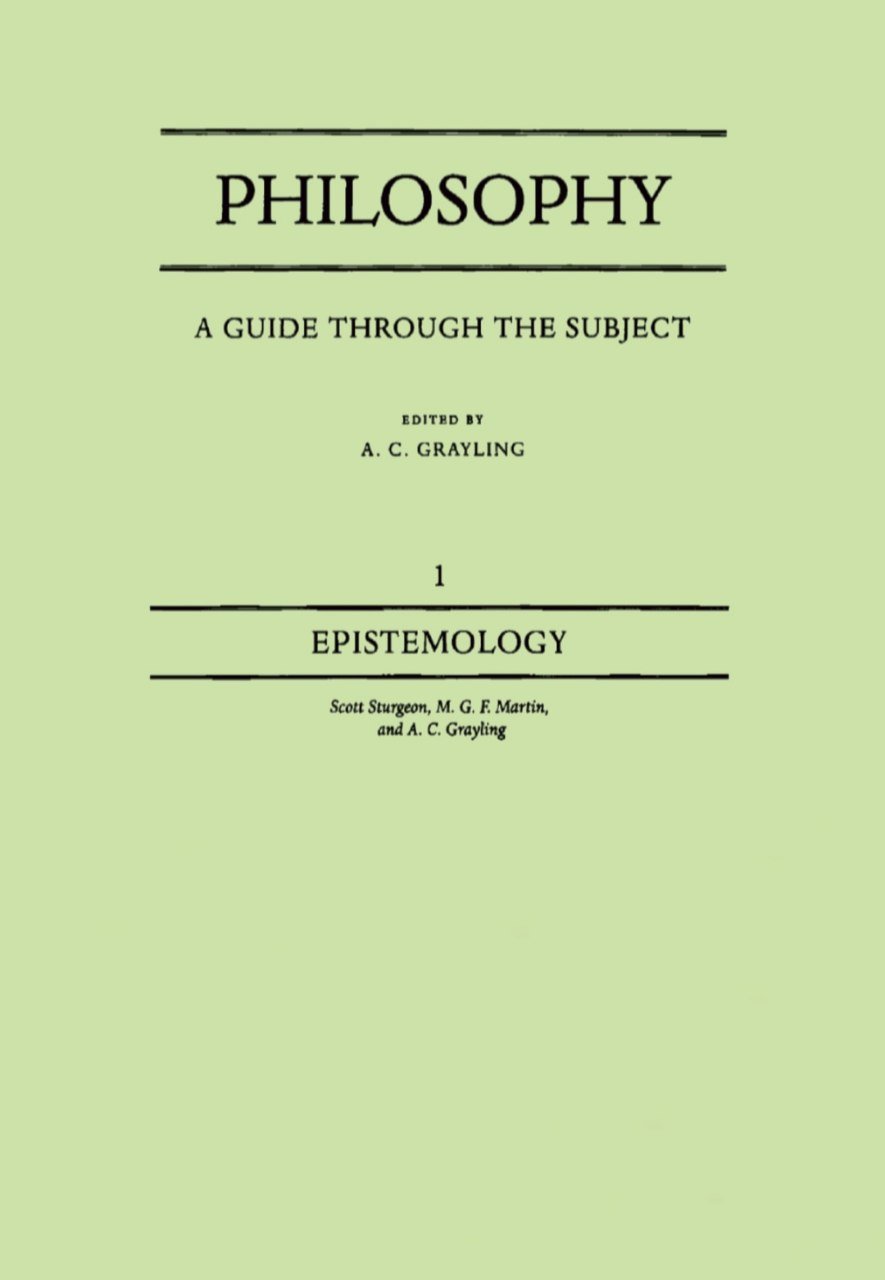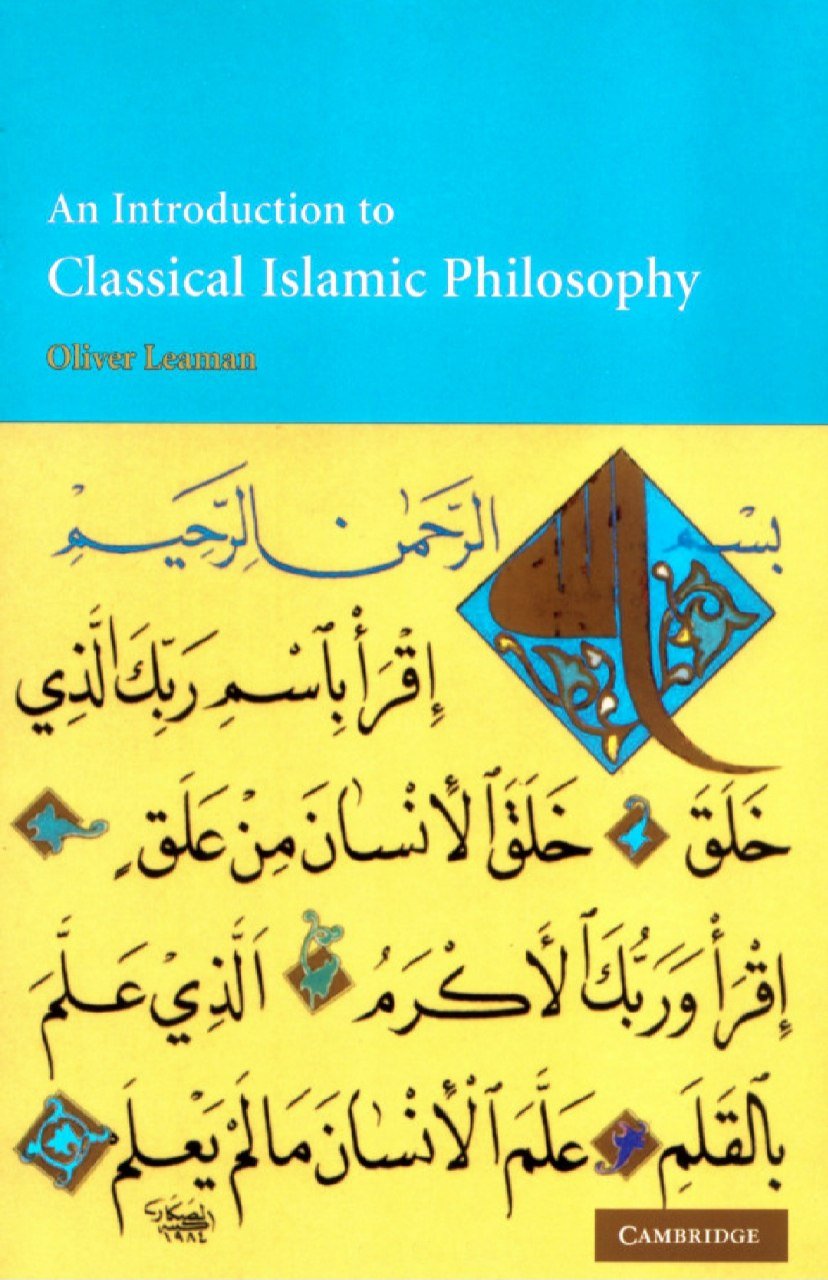

Nightmare Japan by Jay McRoy
Reviews
No review yet. Be the first to review this book!
Description
Nightmare Japan: Contemporary Japanese Horror Cinema by Jay McRoy is an insightful and critical exploration of the evolution of Japanese horror films, particularly from the late 20th century to the early 21st century. This book delves into the cultural, historical, and cinematic contexts that have shaped modern Japanese horror, analyzing how these films reflect deep-seated anxieties about technology, family structures, identity, and the supernatural. McRoy examines iconic works such as Ringu (1998), Ju-on: The Grudge (2002), and Pulse (2001), highlighting how these films reinvent traditional ghost stories (kaidan) with a modern psychological and technological twist. He explores recurring themes such as the vengeful spirit (onryō), cursed media, and the dissolution of the family unit, arguing that contemporary J-horror serves as a mirror to Japan’s societal fears, including urban isolation, the rise of digital culture, and postmodern alienation. The book also discusses the global influence of Japanese horror, particularly its impact on Hollywood remakes and the Western horror industry. McRoy engages with critical theories on gender, trauma, and postmodern aesthetics, making Nightmare Japan not just a study of horror films but also an examination of how fear is culturally constructed and represented in visual storytelling. Rich in analysis and academic depth, Nightmare Japan is an essential read for horror enthusiasts, film scholars, and anyone interested in the psychological and cultural dimensions of contemporary Japanese horror cinema.






























.jpeg)
.jpg)
.jpg)

.jpeg)








.jpg)










.jpg)


.jpeg)


.jpg)


.png)



.jpeg)



.jpg)


.jpg)



.jpg)












.jpeg)


